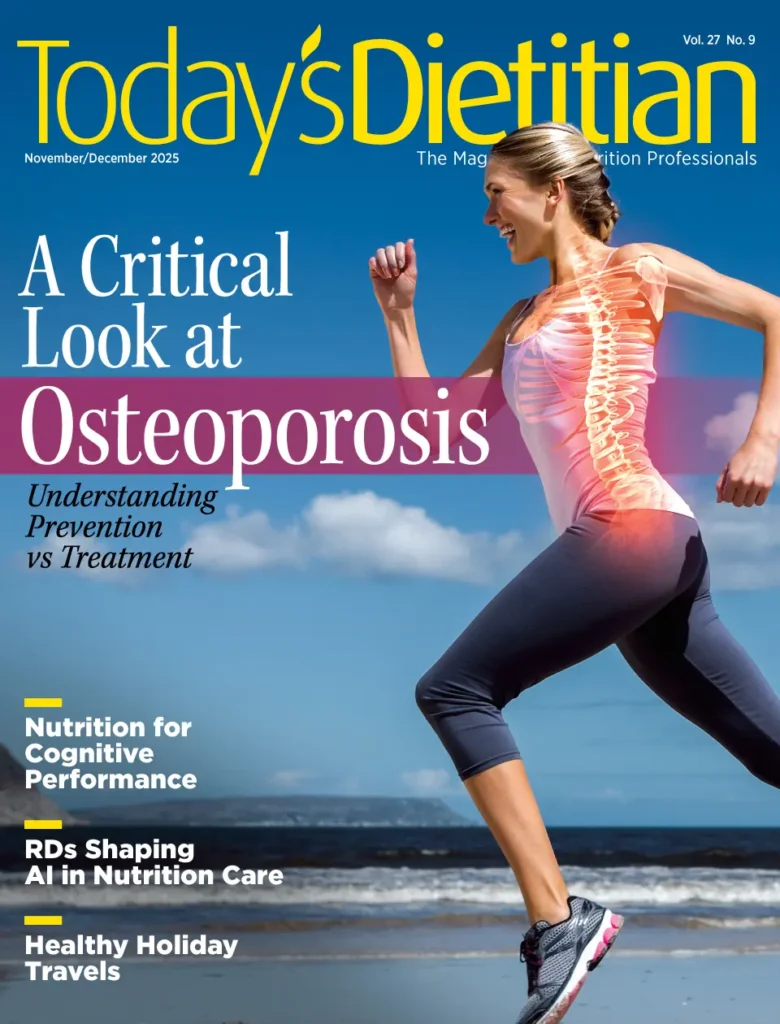Loyola University Health System registered dietitian Brooke Schantz offers the top 10 nutrition tips runners can follow to help them cross the finish line.
10. Get fueled. Long-distance runners are at risk of having low bone density, stress fractures and irregular periods. It is important that they provide their body with enough energy to perform at its best and prevent unwanted injuries. Runners can simply calculate their caloric needs by following this guideline:
30 to 60 minutes of activity a day requires 16 to 18 kcal/lb
1 to 1.5 hours of activity a day requires 19 to 21 kcal/lb
1.5 to 2 hours of activity a day requires 22 to 24 kcal/lb
2 to 3 hours of activity a day requires 25 to 30 or more kcal/lb
9. Plan fiber intake wisely. Fiber is a wonderful thing, but choosing foods lower in fiber the night before and the morning of the race is a smart idea. Foods like high-fiber cereals, grains, granola bars, fruits and vegetables could lead to uncomfortable intestinal distress and cramping come race day.
8. Monitor sweat loss. Runners should weigh themselves before and after long runs. For every pound they lose during the run, they will need to replace it with 16 oz of water. For example, if they know they always lose 3 lb (48 oz) over the course of four hours, they will need to drink 6 oz of water every 30 minutes during the race.
7. Prepare for various weather conditions. Heat will increase sweat rate and lead to a higher loss of salt. Sweat is the body’s way of eliminating generated heat. In colder temperatures, runners will require more calories to help maintain their core body temperature. Hydration needs also may increase in cold weather if inappropriate clothing is worn.
6. Getting carbs on the run. When exercising for longer than one hour, 30 to 60 g of carbohydrates should be consumed every hour. Carbohydrates can be consumed during a marathon in many different forms including: gels, jelly beans, sports drinks, sports bars, or a combination of these products.
5. Monitor urine. One great indicator for assessing hydration status is the color of urine. The clearer the color, the more hydrated a runner is.
4. Get adequate protein. Protein consumption is important for increasing lean muscle mass and aiding in muscle repair. Endurance athletes require between 1.2 to 1.4 g/kg per day. A maximum of no more than 1 g of protein per pound should be consumed in a day.
3. Don’t forget to carbo load. Athletic performance can be improved if a runner maximizes muscle glycogen stores prior to a marathon. Some carbohydrate loading plans start six days before a race. However, it will help maintain a high-intensity run for a longer period of time even if a runner begins a high-carbohydrate diet the day before the race.
2. Drink fluids. Water is the most important nutrient. Losing as little as 2% of body weight leads to impaired athletic performance. Runners can follow these fluid-replacement guidelines to stay hydrated:
Before Exercise: Two hours prior to exercise consume 16 to 20 oz of water and 10 to 20 minutes prior to exercise consume 7 to 10 oz of water.
During Exercise: Every 15 to 20 minutes consume 6 to 8 oz of water. If you are exercising for longer than one hour, consuming a sports drink with 4% to 8% of carbohydrates will provide energy to working muscles.
After Exercise: For every pound lost during exercise, 24 oz of fluid should be consumed to aid in hydration maintenance.
1. Practice, Practice, Practice. It is important to practice a nutrition and hydration schedule ahead of the marathon. Race day is not the time to try out new foods and beverages. If runners don’t practice a food and hydration pattern before race day, they won’t know how their body will react and their performance may suffer.
Source: Loyola University Health System


